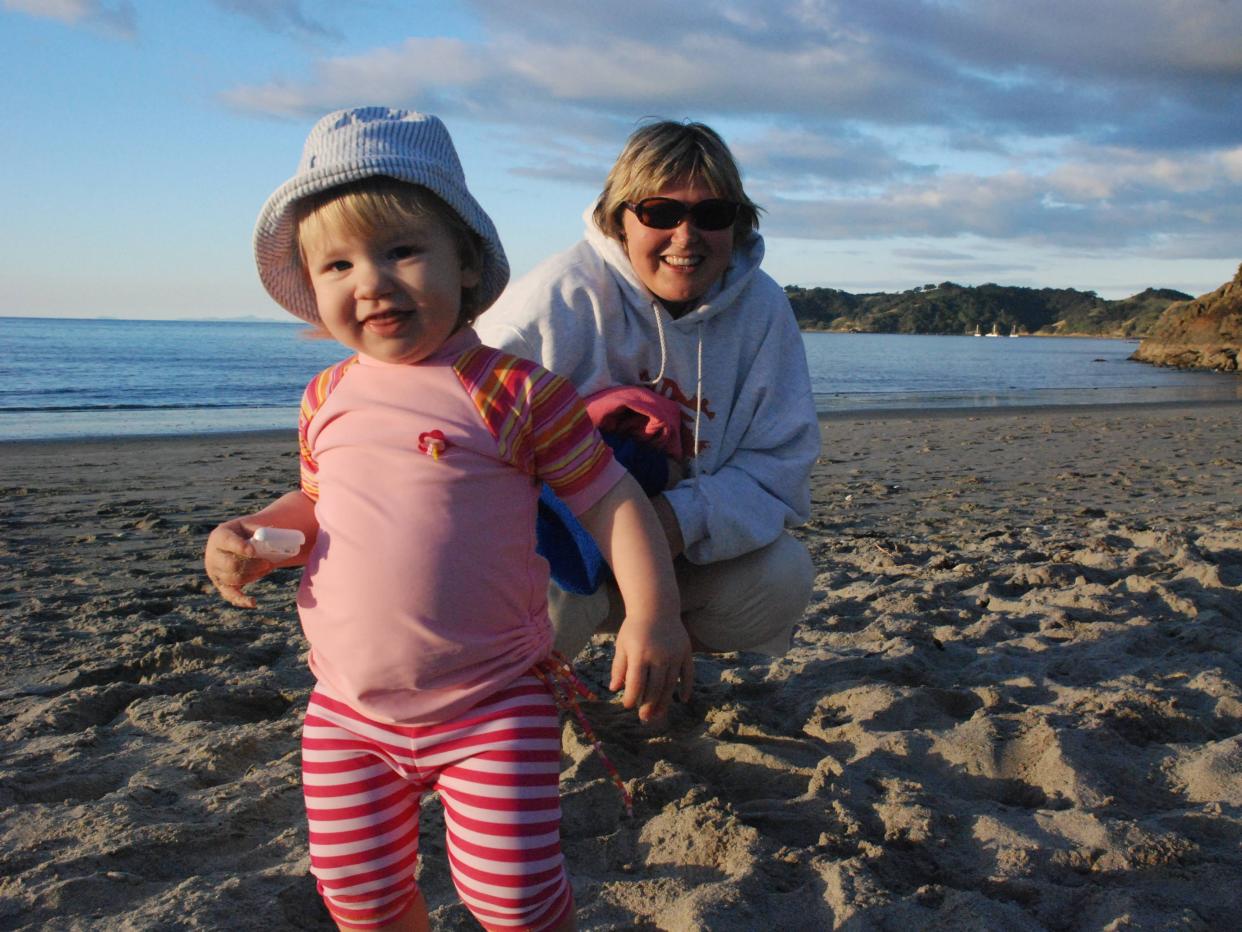I've raised my child between the US and New Zealand. I've learned important lessons about 'fearless parenting' from my Kiwi friends.

We moved to New Zealand when our child was 5 months old.
Kiwi attitudes helped us to parent creatively in both places.
The experience helped launch our daughter to be fearless and independent.
About a year before starting a family, my husband and I applied for permanent New Zealand residency because we wanted to raise our future child in the United States and New Zealand.
We had previously visited Aotearoa, and we loved the landscapes, the political neutrality, the feelings of safety and security, and what seemed to be a simpler life — with less commercialism and consumerism.
We divided our time because we had family in the US and wanted our child to know them.
My husband and I found that our parenting styles were compatible with most Kiwi parents. However, Kiwis practiced "fearless parenting," reinforcing a sense of adventure, the need for sustainability, and problem-solving skills from birth through childhood.
Kids in New Zealand are taught to be independent from an early age
Kiwi kids are taught to be autonomous from an early age because their whānau — or extended family group — are keen on adventure and having an active life, including swimming, hiking, and boating, but also zip-lining, bungy jumping, and zorbing.
As an island nation, the beach and ocean are fundamental to social life, so learning to swim in any weather is mandatory. I am a worrier, so it was difficult to allow Faith to be near the water by herself, even if she knew how to swim. This is when I learned that most Kiwi parents tend to measure danger in two categories — possible or probable. Will Faith drown in the ocean? It's possible. If I am watching her and she is a strong swimmer? It's not probable.
Kiwis are innovative and creative
The high cost of shipping consumer goods has driven the Kiwis to be innovative and creative while respectful of the natural resources of the islands. "You can fix anything with Number 8 wire" — the common fence wire — sums up this perspective.
New Zealand parents rely on imagination and ingenuity to make use of old things, so there is a tendency to conserve more and waste less.
While US parents may be inclined to use devices or television to pass the time, in New Zealand, parents emphasize "messy play." Making a mess was fun and liberating for Faith — mixing playdough with sand and mud and clay and paint to fill her senses. "Junk play" is similar — using pine cones, moss, feathers, sticks, flowers, shells, bark, and leaves for an inspired masterpiece or using old tools, wood scraps, tires, or plastic containers to build a new invention. Each year, Waiheke holds Junk to Funk, a competition (open to children as young as age 5) to design sustainable fashion from items destined for landfills.
Through structured play, such as befriending the kauri trees in a fairy tale forest or stargazing during Matariki, parents are supported in teaching the more serious life lesson of shepherding the earth and becoming a caretaker of the land. It is not unusual to see toddlers digging right in with community plantings or wading into the water for clean-up at Te Wharau Bay.
The whole family is involved in school events
Our most pleasant surprise in the NZ parent community also became our biggest disappointment when we returned to the States and witnessed the contrast in fundraising styles. As most US parents know, raising money is a part of life for your child's day care or school. For parents, it often becomes tedious — the boring gala, the same silent auction, the dreary expectation placed on families to donate money, often excluding parents who lack childcare or resources to participate in adult-only events.
Kiwi parents have a solid working model when it comes to raising money because they prioritize entire community participation — a magician and food stalls, a storytelling fair, or a sustainability festival — over making money. Instead of asking for cold, hard cash, a koha is often a welcome substitute — cheese, butter, tea essentials, or art supplies that the children can use.
When I pitched similar ideas to Faith's school in the States, instead of recognizing the importance of events where the entire family can participate, there was always an excuse why things couldn't move forward — the concern over how to report donations to the IRS, possible liability and injury or, as Faith's principal at her US preschool told me, an event "only making $10,000" wasn't worth the effort.
We always wanted Faith to have the skills she needed to adapt anywhere — whether in Oakland, California, or Auckland, New Zealand. She has traveled internationally without us and is now attending university in New Zealand.
This February, her lifetime friend from her Oakland preschool visited her in Auckland, and they boldly explored New Zealand's largest city together as young adults. I knew they were probably OK.
Read the original article on Business Insider

